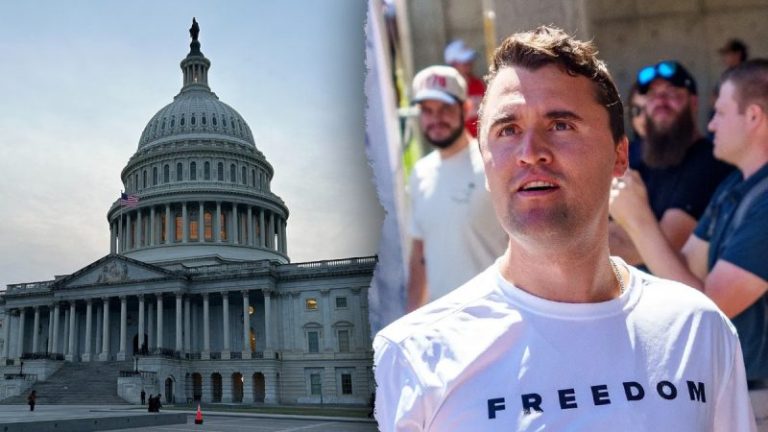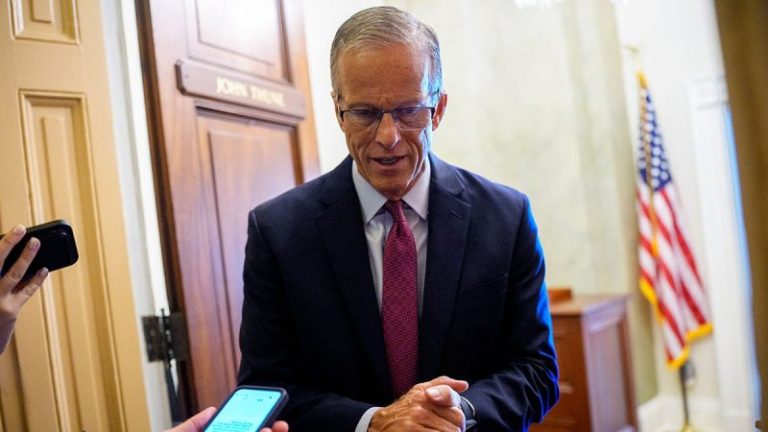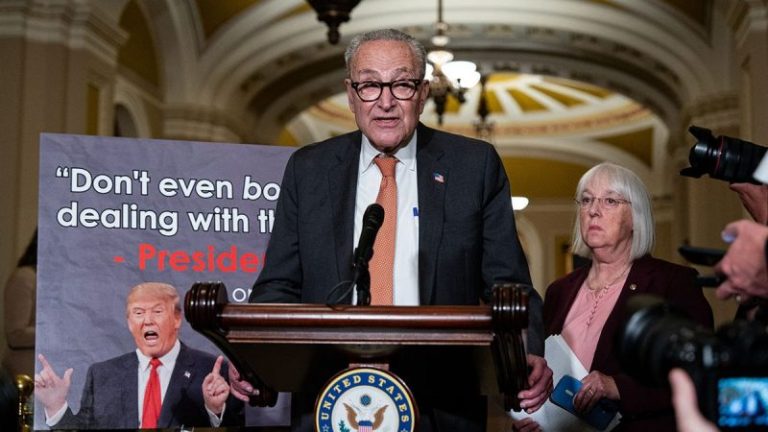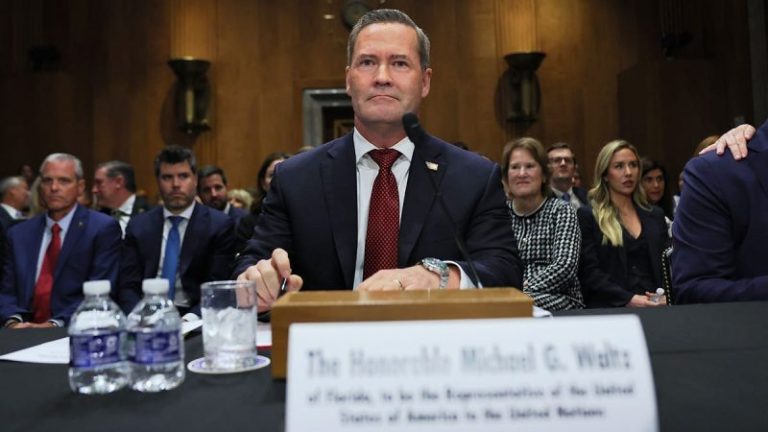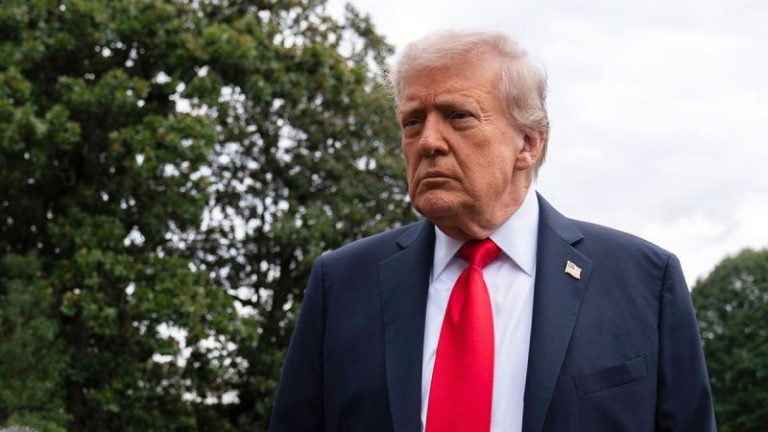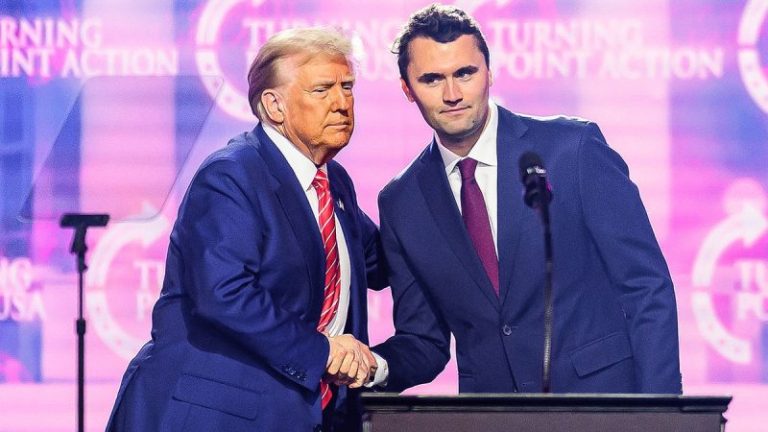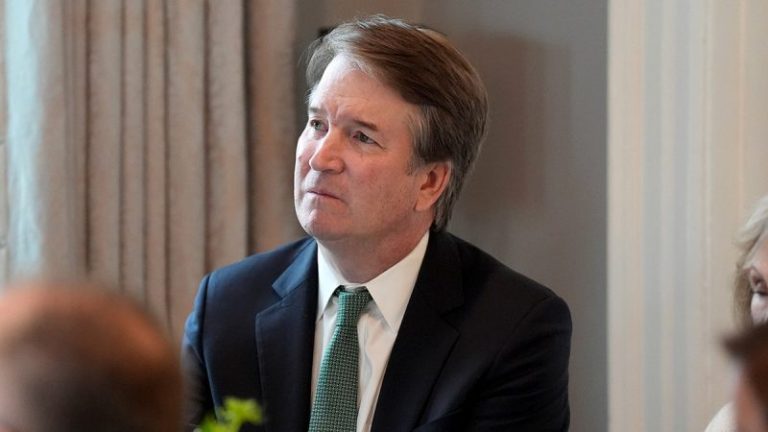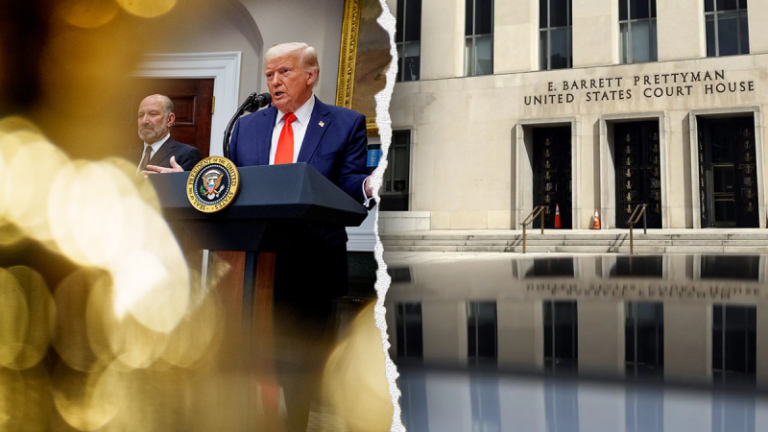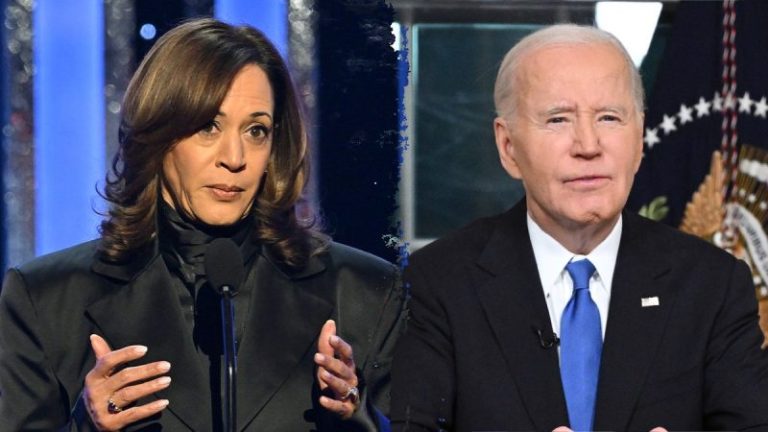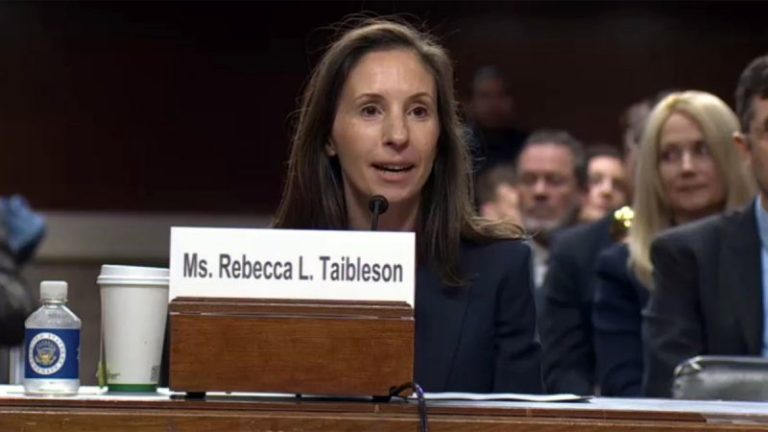The House of Representatives adopted a resolution to honor the ‘life and legacy’ of late conservative activist Charlie Kirk on Friday, just over a week after he was shot and killed during a college campus speaking event in Utah.
The measure got bipartisan support in a 310-58 vote, with both Democrats and Republicans having quickly risen to condemn political violence in the wake of Kirk’s assassination.
The vote divided Democrats, however, with 95 lawmakers voting to adopt the resolution, 58 voting against it and 22 not voting at all.
Thirty-eight Democrats also voted ‘present’ on the resolution. The top three House Democrats – Minority Leader Hakeem Jeffries, D-N.Y., Whip Katherine Clark, D-Mass., and Caucus Chairman Pete Aguilar, D-Calif. – all voted in favor of the measure.
House Democratic leadership did not expressly tell their caucus how to vote on the resolution but communicated that they would support it, according to two sources familiar with discussions.
The measure to honor Kirk, led by Speaker Mike Johnson, R-La., lauded the Turning Point USA founder as ‘one of the most prominent voices in America, engaging in respectful, civil discourse across college campuses, media platforms and national forums, always seeking to elevate truth, foster understanding and strengthen the Republic.’
It also said Kirk’s ‘commitment to civil discussion and debate stood as a model for young Americans across the political spectrum, and he worked tirelessly to promote unity without compromising on conviction.’
It called his killing ‘a sobering reminder of the growing threat posed by political extremism and hatred in our society’ and ‘calls upon all Americans—regardless of race, party affiliation, or creed—to reject political violence, recommit to respectful debate, uphold American values, and respect one another as fellow Americans.’
The resolution also invoked Kirk’s Christian faith, affirming that the House ‘honors the life, leadership, and legacy of Charlie Kirk, whose steadfast dedication to the Constitution, civil discourse, and biblical truth inspired a generation to cherish and defend the blessings of liberty.’
Despite lawmakers on both sides quickly coming out to condemn Kirk’s killing and political violence as a whole, subsequent days have seen partisan divisions skyrocket over the case.
Rep. Ilhan Omar, D-Minn., was among the Democrats targeted by the right for her response to Kirk’s death, both in an interview on progressive outlet Zeteo News and in reposting a social media video that criticized Kirk’s allies’ responses to his killing.
Rep. Nancy Mace, R-S.C., led a failed bid to censure Omar over her reaction, which was tabled when four Republicans, three of whom cited First Amendment protections, voted to block the measure.

